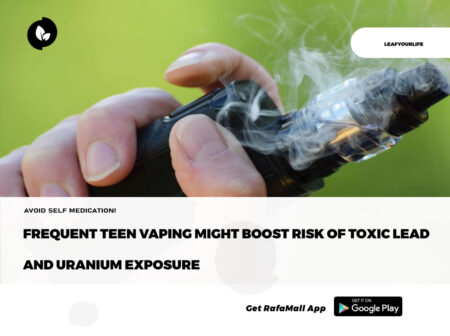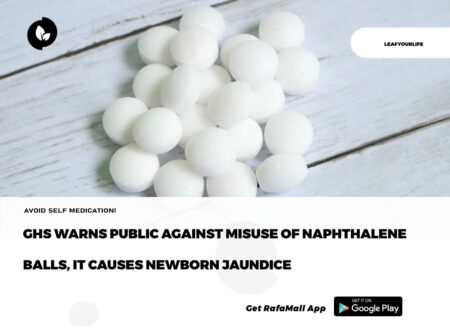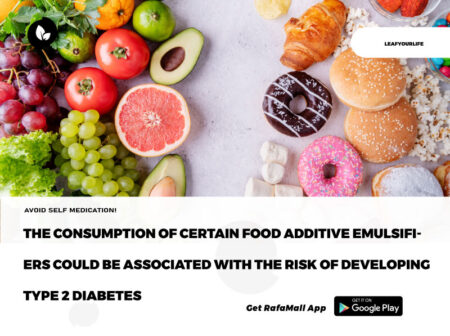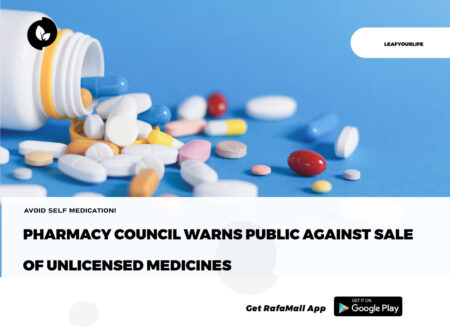By Francis Ameyibor
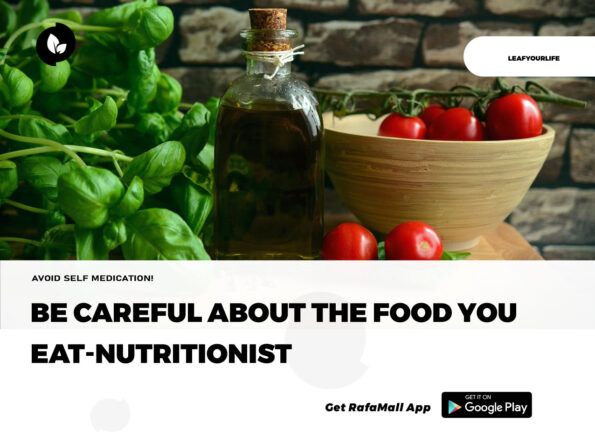
Tema, Sept. 29, GNA Be cautious about the origin of the food you and your family consume, as it may be toxic to everyone who eats it, Mr. Samuel Atuahene Antwi, a nutritionist at the Tema Metropolitan Health Directorate, has warned.
“Food shouldn’t merely be consumed; it should be carefully inspected. Check the expiration dates on canned goods. When eating outside, pay attention to the setting, the cook, and the people who are providing the table, the utensils, and other essentials.
“Don’t eat the meal if you have any doubts regarding its safety. Consuming food that is intrinsically dangerous or that has been polluted with hazardous substances or pathogenic microbes could result in food poisoning,” Mr Antwi stated in Tema.
Mr. Antwi was speaking at the weekly “Your Health! Our Collective Responsibility! A Ghana News Agency Tema Regional Office initiative aimed at promoting health-related communication and providing a platform for health information dissemination to influence personal health choices through improved health literacy
The Ghana News Agency’s Tema Regional Office developed the public health advocacy platform “Your Health! Our Collective Responsibility” to investigate the components of four health communication approaches: informing, instructing, convincing, and promoting.
The nutritionist at the Tema Metro Health Directorate spoke on “Food Spoilage and How to Avoid It,” explaining that the term “food poisoning” refers to the illness where the food becomes contaminated due to the accumulation of bacterial species.
He emphasised that it might be caused by bacteria, viruses, parasites that can reside in the intestines, and poisons, also known as toxins, in the food when he noted that the key elements
driving food deterioration includes the invasion of microbes into food products, mainly bacteria and fungi.
Mr. Antwi stressed that “light, oxygen, heat, humidity, temperature, and spoilage bacteria can all affect both the safety and quality of perishable foods” in his explanation of the different elements that lead to food spoiling and render goods unfit for consumption.
Mr. Antwi mentioned that indications of food deterioration included physical changes from the product’s original look, such as a change in colour or texture, an unpleasant fragrance, or an unfavourable taste.
According to him, bacteria are present everywhere in the environment, and foods that are exposed to unfavourable conditions run the danger of spoiling.
Mr. Antwi pointed out that some types of spoiling can be brought on by pathogenic bacteria, which can have harmful effects on human health in addition to causing food to decay and taste unpleasant.
He mentioned that Bacillus cereus, a typical cause of spoiling milk and cream, and Clostridium perfringens, a typical source of spoilage in meat and poultry, are also pathogenic.
He said that even when food is cooked to a healthy internal temperature, these organisms can proliferate quickly and produce harmful poisons when exposed to improper storage conditions, such as the Danger Zone (between 40 and 140°F).
Keep cold food cold, at or below 40 °F (4.4 °C), and hot food hot, at or above 140 °F (60 °C), to keep food out of the danger zone.
Food deterioration, according to Mr. Antwi, is not merely a quality concern; “it is also a matter of food safety.”
GNA





